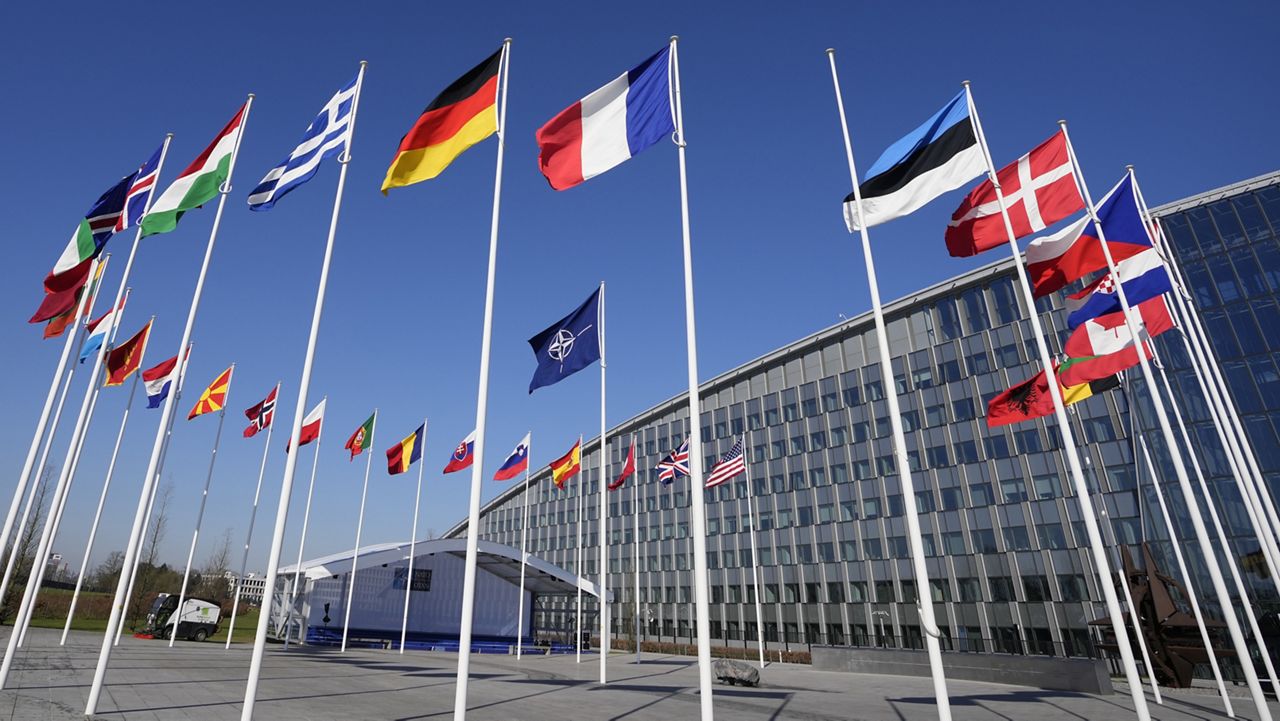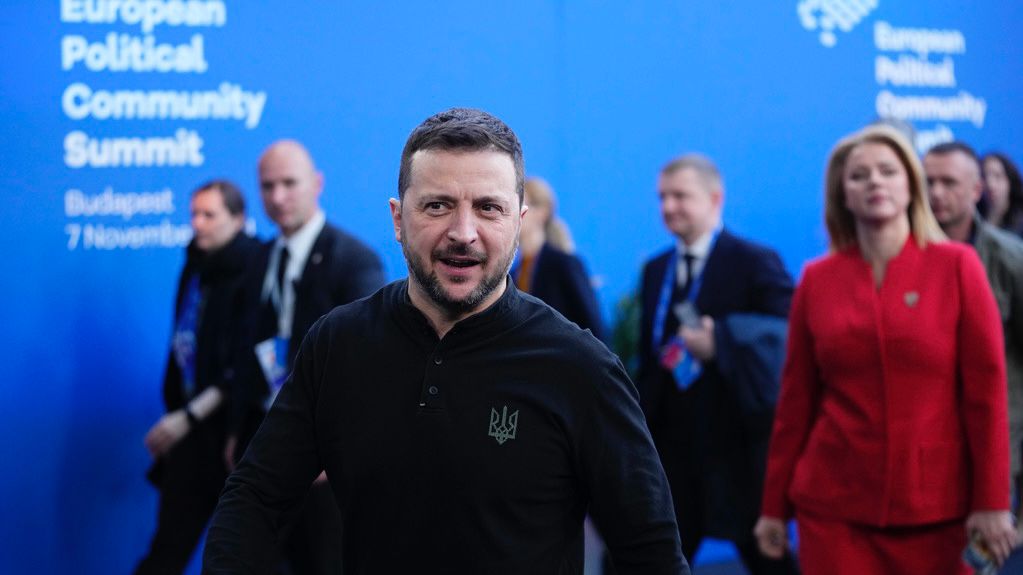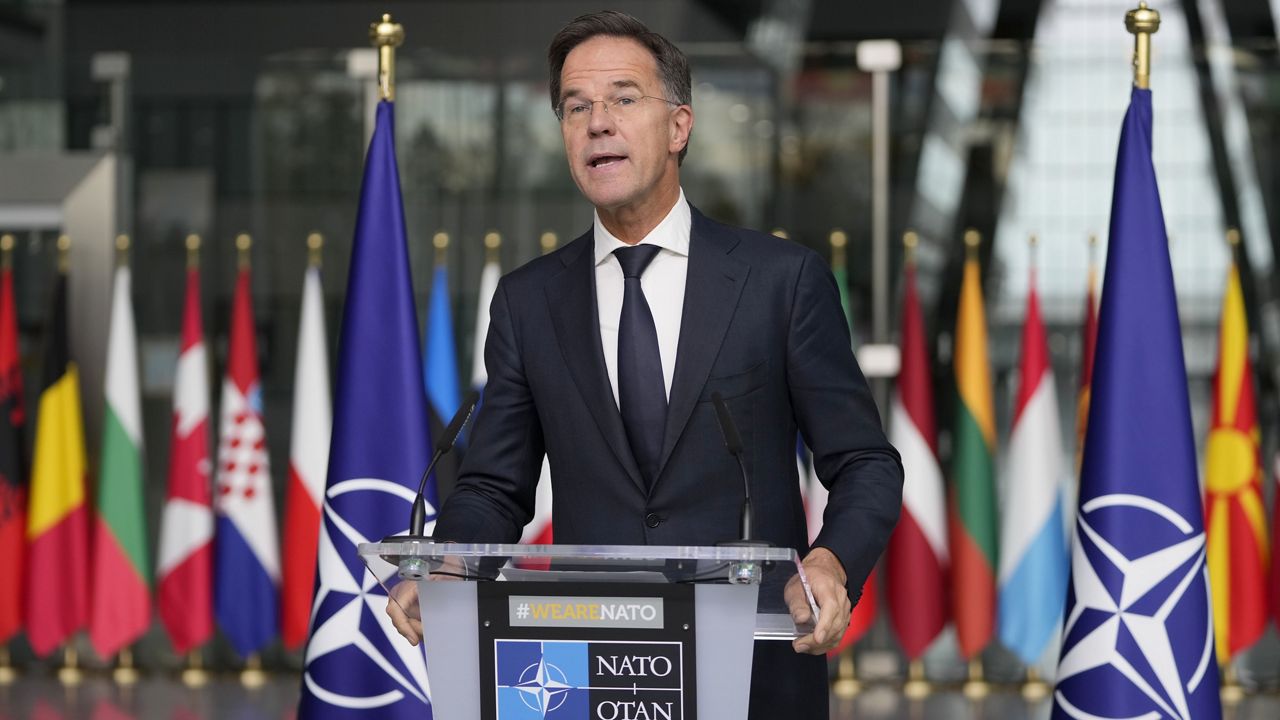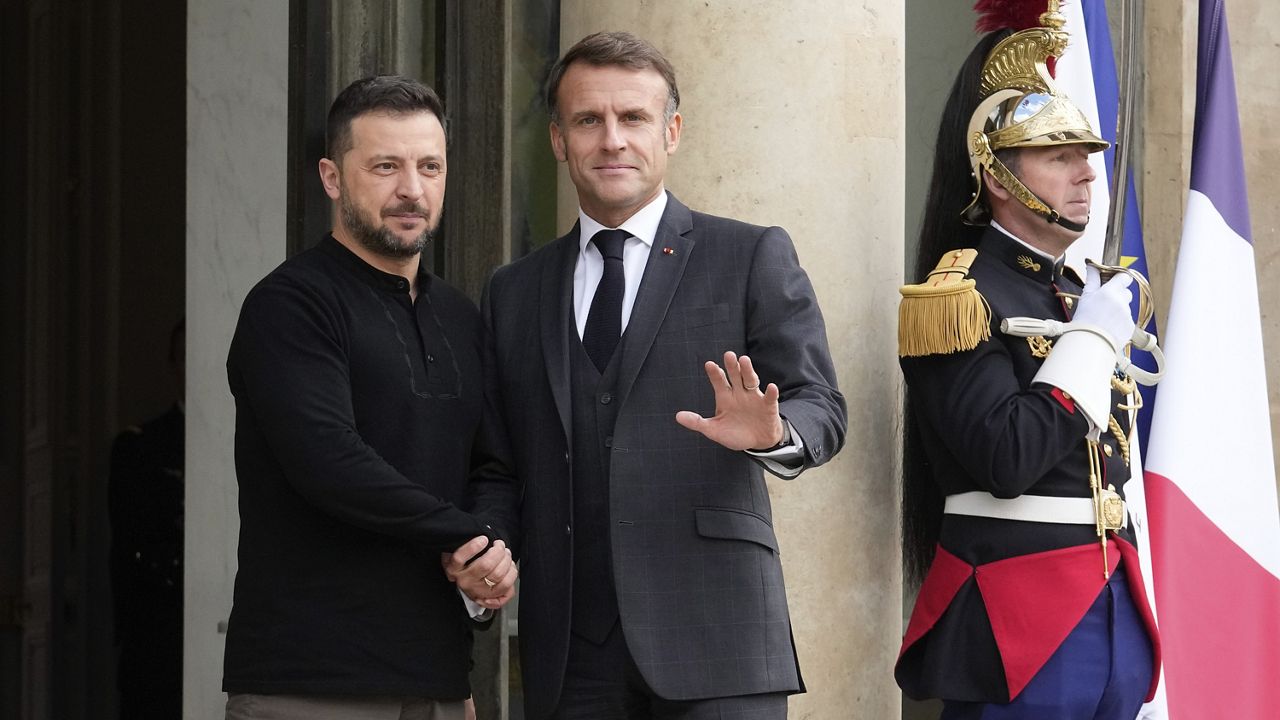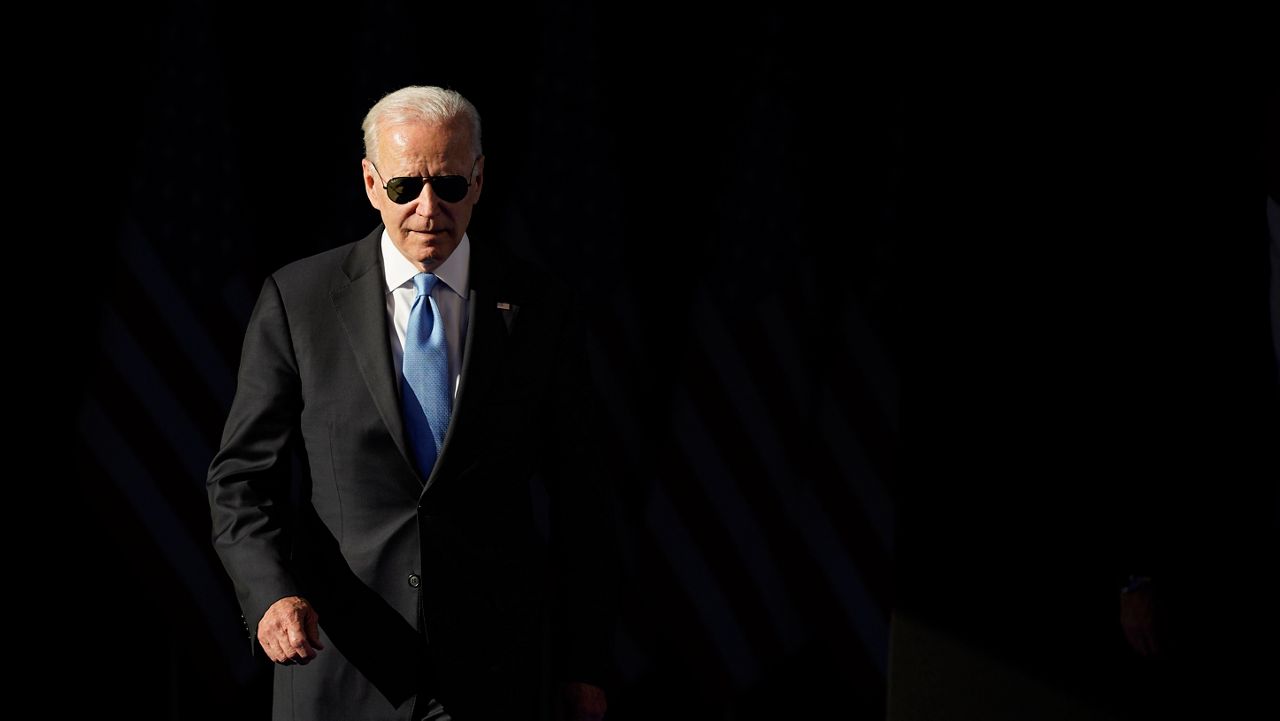Turkish legislators on Tuesday endorsed Sweden's membership in NATO, lifting a major hurdle on the previously nonaligned country's entry into the military alliance.
The legislators ratified Sweden's accession protocol by 287 votes to 55, with four abstentions. The ratification will come into effect after its publication in the Official Gazette, which is expected to be swift.
Hungary then becomes the only NATO ally not to have ratified Sweden's accession.
NATO-member Turkey had been delaying Sweden's membership for more than a year, accusing the country of being too lenient toward groups that Ankara regards as security threats. It has been seeking concessions from Stockholm, including a tougher stance toward Kurdish militants militants and members of a network that Ankara blames for a failed coup in 2016.
Turkey had also been angered by a series of demonstrations by supporters of the outlawed Kurdistan Workers' Party in Sweden as well as Quran-burning protests that roiled Muslim countries.
Last month, parliament's foreign affairs committee gave its consent to Sweden's bid in the first stage of the legislative process, after Turkish President Recep Tayyip Erdogan sent its accession protocol to lawmakers for approval.
Arguing in favor of Sweden's membership last month, Deputy Foreign Minister Burak Akcapar cited steps Sweden had taken to meet Turkish demands, including lifting restrictions on defense industry sales and amending anti-terrorism laws.
Sweden has pledged deeper cooperation with Turkey on counterterrorism and to support Turkey's ambition to revive its EU membership bid.
Turkey's main opposition party also supported Sweden's membership in the alliance but a center-right party and the country's pro-Kurdish party declared they would oppose it.
"Sweden's steps concerning its extradition of wanted criminals or the fight against terrorism have remained limited and insufficient," Musavat Dervisoglu, a legislator from the Good Party told parliament.
Erdogan has linked ratification of Sweden's NATO membership to the U.S. Congress' approval of a Turkish request to purchase 40 new F-16 fighter jets and kits to modernize Turkey's existing fleet. He has also urged Canada and other NATO allies to lift arms embargoes on Turkey.
Koray Aydin, another Good Party legislator, urged parliament to hold out on ratifying Sweden's accession until the F-16 sales and the modernization kits are approved in Washington, saying Turkey would lose an important bargaining chip.
U.S. President Joe Biden's administration never formally tied the sale of the F-16s to Turkey's ratification of Sweden's NATO membership. However, numerous influential members of Congress had said they would not support the sale unless and until Turkey signs off on Sweden's accession to the alliance.
Administration officials say they expect relatively quick action on the F-16 sale after Turkey's ratification of Sweden's NATO membership by Turkey
In Washington, National Security Council spokesman John Kirby said that Sweden is "more than ready to become a NATO ally."
He added, "It's time for Sweden to become a NATO ally. They have a modern, advanced military-- one that we're very comfortable with. And they'll add real significant military capabilities to the alliance."
Sweden and Finland abandoned their traditional positions of military nonalignment to seek protection under NATO's security umbrella, following Russia's invasion of Ukraine in February 2022. Finland joined the alliance in April, becoming NATO's 31st member, after Turkey's parliament ratified the Nordic country's bid.
Hungary has also stalled Sweden's bid, alleging that Swedish politicians have told "blatant lies" about the condition of Hungary's democracy. Hungary has said it would not be the last to approve accession, although it was not clear when the Hungarian parliament intends to hold a vote.
Hungarian Prime Minister Viktor Orbán announced Tuesday that he sent a letter to his Swedish counterpart, Ulf Kristersson, inviting him to Budapest to discuss Sweden's entry into NATO.
NATO requires the unanimous approval of all existing members to expand, and Turkey and Hungary were the only countries that have been holding out, frustrating other NATO allies who had been pressing for Sweden and Finland's swift accession.



